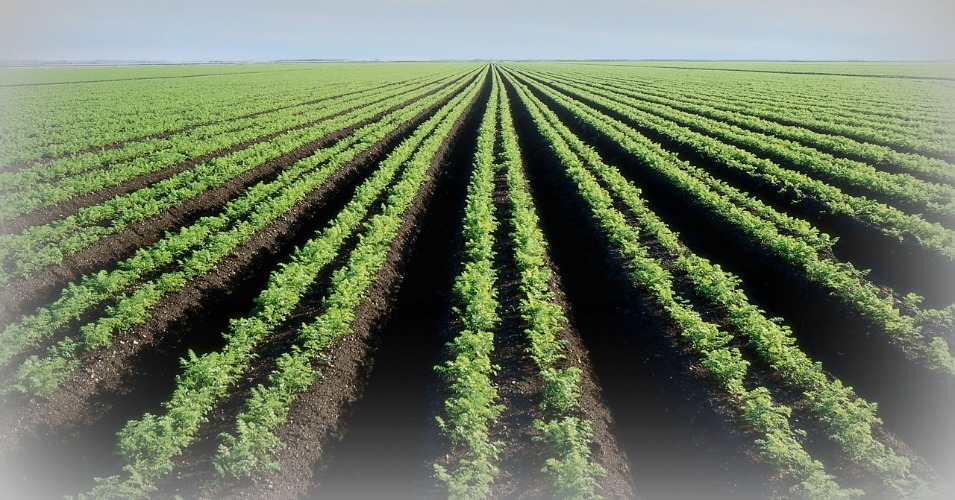
Stupidity and Intelligence: Science, GMOs and Our Food
"Science" is derived from the scire – "to know".
Each of us should know what we are eating, how it was produced, what impact it has on our health.
The knowledge we need for growing food is knowledge of biodiversity and living seed, of living soil and the soil food web, of interaction between different species in the agroecosystem and of different seasons. Farmers have been the experts in these fields, as have ecological scientists who study the evolution of microorganisms, plants and animals, the ecological web and the soil food web.
June 29, 2015 | Source: Common Dreams | by Vandana Shiva
“Science” is derived from the scire – “to know”.
Each of us should know what we are eating, how it was produced, what impact it has on our health.
The knowledge we need for growing food is knowledge of biodiversity and living seed, of living soil and the soil food web, of interaction between different species in the agroecosystem and of different seasons. Farmers have been the experts in these fields, as have ecological scientists who study the evolution of microorganisms, plants and animals, the ecological web and the soil food web.
In industrial agriculture the knowledge of living systems is totally missing since industrial agriculture was externally driven by using war chemicals as inputs for agriculture. Soil was defined as an empty container for holding synthetic fertilizers, plants were defined as machines running on external inputs. This meant substituting the ecological functions and services that nature and farmers can provide through renewal of soil fertility, pest and weed control, and seed improvement. But it also implied ignorance of the destruction of the functions by the toxic chemicals applied to agriculture.
This complex knowledge of interacting, self-organizing, self-maintaining, self-renewing and self-evolving systems that farmers have had is now being confirmed through the latest in ecology. At the agricultural systems level, agroecology, not the mechanistic and blind paradigm of industrial agriculture, is the truly scientific approach to food production.
At the level of organisms, epigenetics and the new knowledge that cells are in constant communication with each other is leading to the emergence of a new paradigm of life as communication and intelligence. Living systems are not dead matter, assembled like a machine.
Yet in recent times only one kind of knowledge, the Mechanistic Reductionist paradigm based on seeing the world as a machine, and reduction of a system its parts, has been elevated to the status of science.
The emerging sciences of complexity and connectedness expose the oceans of ignorance in which the mechanistic fundamentalism is steeped. Because living systems are self-organized complexity—and not machines— knowledge of a small fragmented part in isolation of its relationships with the rest of the system, translates into not-knowing.
This epistemic violence is now being combined with the violence of corporate interests to viciously attack all scientific traditions, including those that have evolved from within Western Science and transcended the mechanistic world view.
Industrial-scale farming, in this way, is actually becoming anti-science.
No where is this more evident than in how reductionism has been used to colonise the seed. Seed is self organized intelligence – it reproduces, it multiplies, and it constantly evolves. Farmers, specially women, have combined their intelligence with the intelligence of the seed, and through breeding as co-creation, they have domesticated wild plants, increased diversity to adapt to diverse climates and cultures. Additionally, they have improved both nutrition and taste as well as increased resilience, which is the evolutionary potential of the seed. Seeds have been improved on the basis of ecological and social criteria.
The rhetoric for taking over food systems and seed supply is always based on “Improved Seed.” But what is not mentioned is that industrial seeds are only “improved” in the context of higher dependence on chemicals, and more control by corporations.
